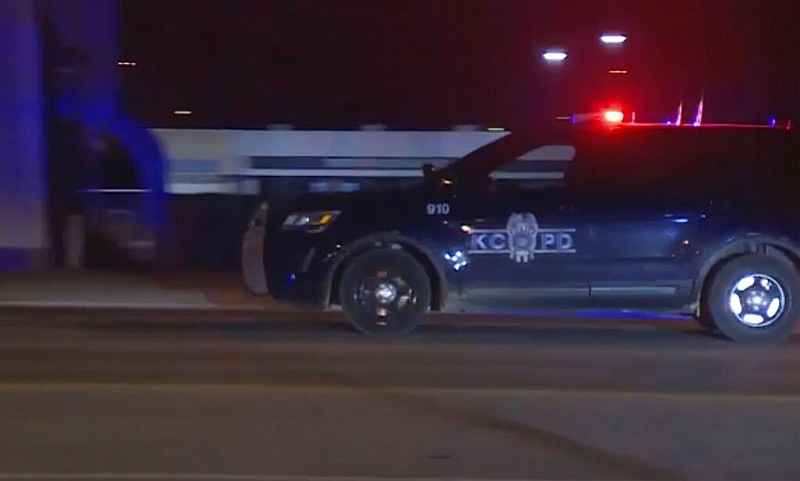De-escalation is a chief concern for the public and law enforcement communities, according to a review of more than 1,600 public responses to a survey on law enforcement training and discipline put forward by the state's law enforcement training authority.
The Missouri Peace Officers Standards and Training Commission conducted a public survey Aug. 18-26, and on Monday it began discussing takeaways from 1,683 surveys returned.
Commissioner Gary Hill, who is chief of the Lincoln University Police Department in Jefferson City, said, "It appears that our community and police officers have the same concerns. That's huge."
The commission had conducted a survey of law enforcement Aug. 17-24, and last week, it publicly discussed takeaways from the 468 responses returned to that survey.
Platte County Sheriff Mark Owen, who is chairman of the POST Commission, said Monday that de-escalation was the highest-ranked item on both lists of survey results from law enforcement and the public.
Widespread protests following the May death of George Floyd, a Black man, in Minneapolis under the knee of a white officer - and the legislative discussions across the country about police reform and accountability that have followed - led the POST Commission to schedule surveys and listening sessions to hear what law enforcement and the public have to say about training and law enforcement in general.
The POST Commission's duties and powers include establishing minimum standards for basic law enforcement training; setting the minimum number of hours for basic training; establishing continuing education requirements; establishing minimum standards for law enforcement training instructor; and advising the Missouri Department of Public Safety director on law enforcement standards and training.
The POST Commission is not taking action as it reviews survey results, but the responses are shaping what the commission may consider going forward in terms of possible recommendations to make.
Commissioner Emanuel Cleaver III, who is pastor of a Kansas City church, said communities have a perception that "sometimes officers add to the tension, rather than relieve tension in a situation."
Hill said officers are not getting enough practical de-escalation training, and it's also important to make sure officers have enough downtime between calls - especially violent ones - for their mental well-being.
Commissioner Ben Jones - a captain with the Missouri Highway Patrol who serves as the patrol's director of the Recruiting and Community Outreach Division at the agency's Jefferson City headquarters - said having some training to simulate high-stress situations may help law enforcement be more comfortable in such situations.
Hill said while that training may be expensive, it could be something law enforcement agencies collaborate on - splitting the cost to send one or two officers.
Community engagement, disability awareness training for officers, the use of force, the process of reporting misconduct and a need to have more officers were also topics that were brought up during discussion of the public survey results.
In terms of who participated in the public survey, 41 percent of the results were from suburban areas, 38 percent were from rural areas and 21 percent were from urban areas.
St. Louis and the northeast area of the state had the highest percent of responses, at almost 40 percent. Mid-Missouri provided 23 percent of the results; Kansas City, 17. 5 percent; and much of the rest were from Cape Girardeau and the southeastern part of the state.
Racially and ethnically, 80.1 percent of the public survey respondents were white; 10 percent preferred not to identify themselves; and 5.25 percent were African American or Black.
The commission is having another virtual listening session this week to review the public survey results.
That discussion will be at 2 p.m. Wednesday.
Two phone lines for those virtual discussions have been set up to handle a total of up to 1,000 listeners, though comments during the sessions will have to be made to an email address to be provided at the beginning of each session. A WebEx link is also being provided for people to listen on their computers.
The phone numbers and access codes for calling in to listen and the websites and event passwords for the WebEx option are available at dps.mo.gov/news/newsitem/uuid/f3ab4521-3424-4315-b832-f9b97d75f79c.

